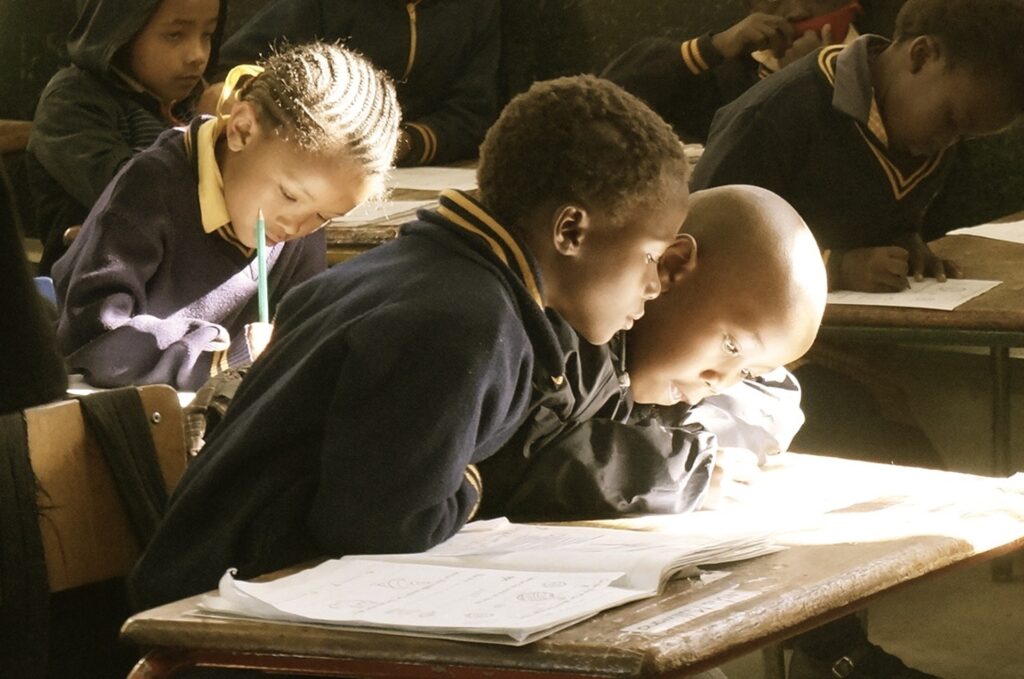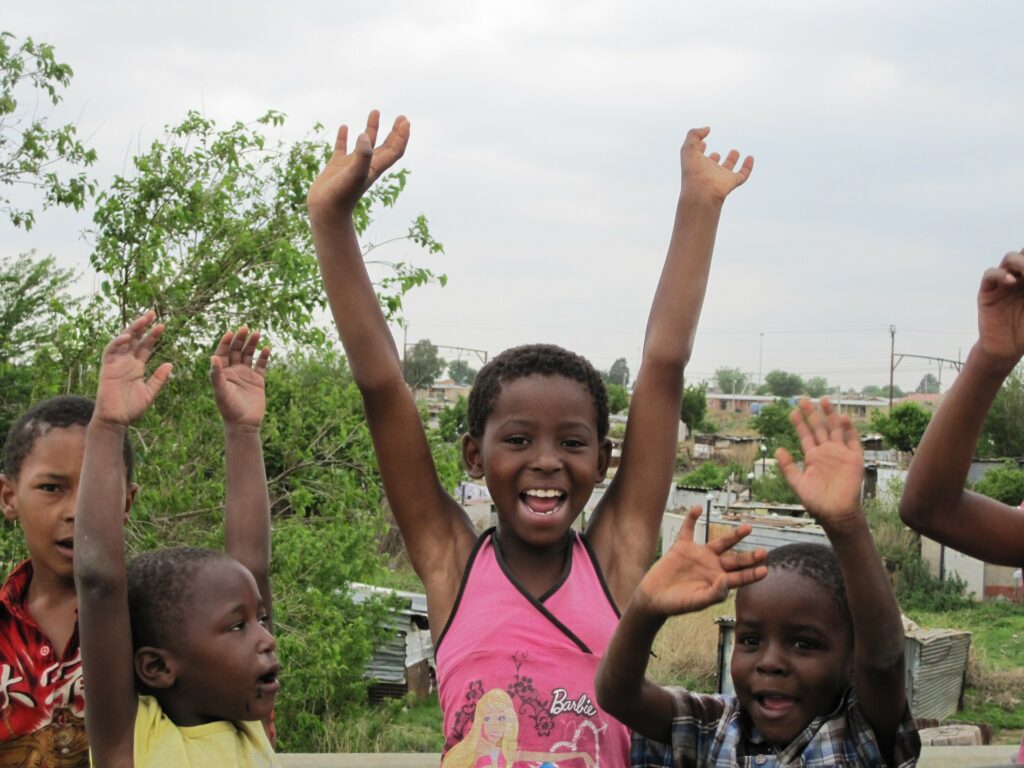
Let me paint you a statistical picture. First, 900 million people around the world cannot read or write. A whopping 171 million fewer people would live in poverty if all children acquired basic reading skills – that would mean a 12% reduction in global poverty. However, this might not be close enough to home. Okay, here we go.
1. Reading statistics report that only 14% of the South African population are active book readers, and a mere 5% of parents read to their children (Macmillan SA).
2. The Progress in International Reading Literacy Study (PIRLS) 2016 report – the international comparative reading assessment conducted by the University of Pretoria (UP) researchers at the Centre for Evaluation and Assessment (CEA) locally – has shown there has been no significant progress in national primary school reading literacy in South Africa, since the last report in 2011. South Africa placed last out of the 50 countries participating in the study at fourth grade level, with the Russian Federation and Singapore being the top achievers.
3. Almost 80% of South African Grade 4 learners fall below the lowest internationally recognised level of reading literacy. According to Prof Sarah Howie, National Research Coordinator (NRC) for PIRLS 2016 South Africa, this suggests that most learners cannot read well enough to succeed in subjects across the curriculum in Grade 4 and higher grades.

4. Furthermore, less than half of the learners who wrote the tests in English and Afrikaans could read. This means, statistically speaking if you have two children, one of them is probably struggling. If your child is in a class of 30 children, more than 15 children cannot read proficiently.
4. Furthermore, less than half of the learners who wrote the tests in English and Afrikaans could read. This means, statistically speaking if you have two children, one of them is probably struggling. If your child is in a class of 30 children, more than 15 children cannot read proficiently.
5. Last, according to a 2016 report released by StatsSA, close to 21% of South Africans are illiterate (unable to read or write) – that is around 12 million people. That is a LOT of people. Keep in mind, this only pertains to reading and writing, which is the minimum requirement for being considered literate. This does not indicate that the other 79% of the population possesses an education that can earn them anything above minimum wage. It’s clear that the ‘illiteracy’ levels can be much higher than mentioned.
Unfortunately, in South Africa, any person older than 15 years with minimum a grade 7 or a higher education qualification is considered to be literate. The above StatsSA statistics are also self-reported, which means that it may be way off mark. It is something we need to be very concerned about in South Africa.
True literacy is not merely the ability to decipher symbols, write one’s name, and read and write short sentences. To add value to a person’s life, literacy skills also need to include the ability to understand, interpret and find meaning in words and language. And this is where we are falling short. For every stage of life, a specific level of reading or reading adequacy is required. The more complicated or difficult the task at hand, the higher level of literacy skill is required. Often this is not taken into account when talking about literacy in general.
Given all of this, the fact that you can read the words in this article and find meaning in them puts you in the minority rather than the majority. That you have these literacy skills is, sadly, a privilege rather than the basic right it should be. Literacy undoubtedly gives people the edge when it comes to succeeding in life and being able to find and pursue opportunities. So, it follows then, that by improving literacy skills we can improve the lives of South Africans for the better:
1. Reduction in poverty

As mentioned in the first paragraph, the effect on poverty would be enormous. People with higher literacy have more opportunities to pursue higher education and develop their skills and knowledge to seek better employment and earn higher salaries.
2. Community upliftment
Communities that have higher literacy rates place more importance on education and self-improvement, and create an atmosphere where self-worth is important, and success is a possible goal and not merely a pipe dream.
3. Better health
Being literate helps people understand health concerns and better educate themselves when it comes to healthcare. People who are literate and have access to education are more likely to understand the health risks associated with HIV, and several other diseases. This can quite literally save lives. Higher literacy rates also lower the risk of infant mortality due to misinformation or lack of information.
4. Empowering women
In many traditional communities, women are still marginalised as second-rate citizens. Literacy skills give all people, and especially women, the opportunity to educate themselves and break free from destructive social dynamics to become economically independent.
5. Economic growth
The economy is directly linked to the spending power of the people. Because literacy improves the skills of the workforce and reduces poverty, the economy is then able to grow and thrive. This creates a cycle where literacy continues to improve and have a positive effect on economic growth. This fact is quantified by research performed by the University of Stellenbosch on the cost of illiteracy in South Africa.

By getting in touch with us, you can help your children, your school, or your community. We provide solutions – for households and entire communities.
By partnering with Stimulus Maksima!, either to sponsor our literacy skills program for a needy school, using our educational programs at home, or to introduce it to your adult employees as part of their ongoing training, you invest in a project that delivers real, measurable and sustainable results. Our computer-aided learning systems focus on developing core mathematics and reading skills. These are essential tools for facing the challenges of learning in higher grades, as well as day to day life.
To find out more about our programs and packages, or how to become a Stimulus Maksima! corporate social investment partner, do not hesitate to get in touch with us today.
- Adequate Reading Skills Improves Confidence and Emotional Wellbeing - January 11, 2022
- 5 Ways in which Improved Literacy Skills Improve Lives - December 22, 2021
- Why does reading matter? - November 9, 2021






1 thought on “5 Ways in which Improved Literacy Skills Improve Lives”
This is so interesting